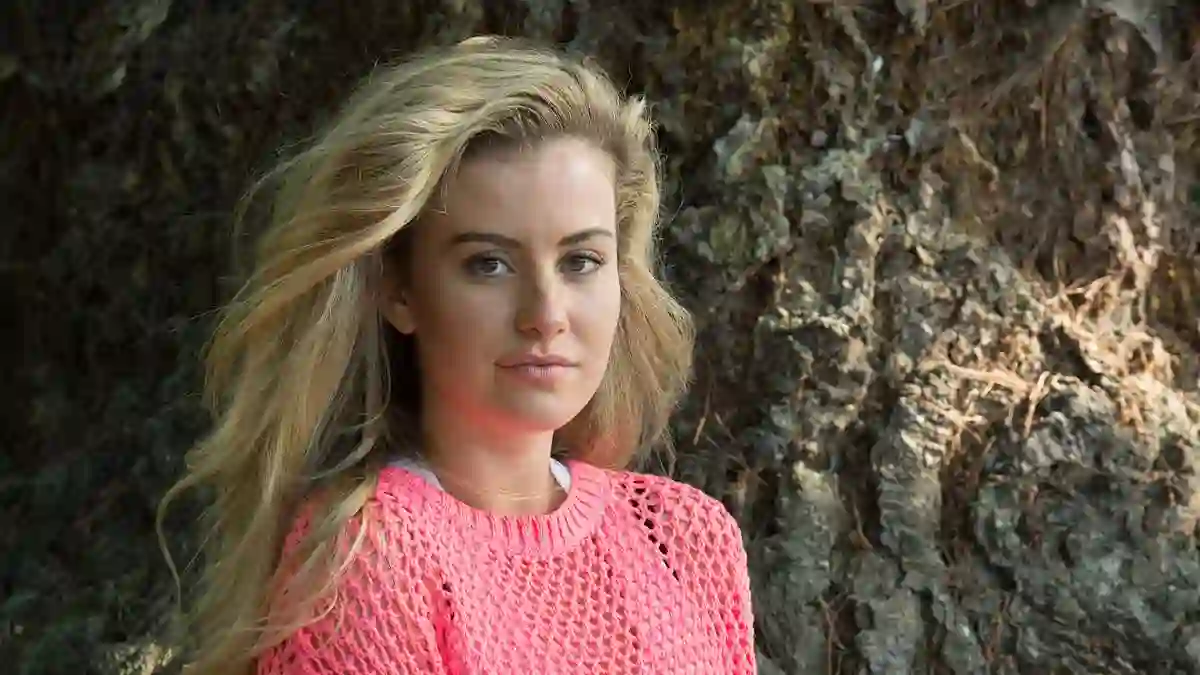In the quiet and rugged beauty of Snowdonia, glamour model Chloe Ayling has found peace after years of living under the shadow of one of the most shocking kidnapping cases in modern times.
Now 28, she has been carving out a new life away from the spotlight, swapping city chaos for horses, hills, and the calm of the Welsh wilderness.
The Abduction That Shocked the World
Back in 2017, Chloe’s life changed forever. At just 20 years old, she was lured to Milan for what she thought was a modelling assignment.
Instead, she was ambushed, drugged with ketamine, and stuffed into a suitcase.
Held captive in a remote farmhouse, she was chained to furniture and forced to sleep on the floor.
Her captors sent disturbing photos of her unconscious body to her agent, demanding £260,000 in ransom and threatening that, if unpaid, she would be sold as a sex slave—or even fed to tigers once she was no longer “useful.”
The Release and Lingering Doubts
Although Chloe was eventually freed, the nightmare didn’t end there.
Many doubted her story, questioning how such an outlandish ordeal could be true and why she seemed so calm when speaking about it.
Some even speculated it was a publicity stunt.
But her kidnapper, Polish national Łukasz Herba, was convicted in Milan and sentenced to more than 16 years in prison—later reduced to 11. Chloe’s testimony was described by the judge as “precise, specific, and detailed.”
Still, suspicions and cruel comments from the public have followed her for years.
Finding Solace in Snowdonia
Tired of the noise and judgment, Chloe relocated to North Wales, where she now enjoys the solitude of mountain trails and horse-riding near Snowdon. Neighbours say she keeps to herself—polite, reserved, and rarely engaging beyond a friendly hello.
One local café worker admitted she’s “hard to miss” but added that no one pries into her past.
For Chloe, the move wasn’t just about scenery. In a recent BBC documentary, Chloe Ayling: My Unbelievable Kidnapping, she explained that she instantly felt at home in Snowdonia after visiting a few years ago.
She even bought a house spontaneously, drawn by the idea of transforming it into her sanctuary.
A Story That’s Still Hard to Believe
The BBC series revisited her abduction in depth, with testimony from detectives, Milanese police officers, and the trial judge—all of whom backed Chloe’s account.
The programme also shed light on why her reaction seemed unusual.
Chloe has since been diagnosed with autism, which she believes explains her calm, almost detached responses to trauma.
“Too happy, too composed, too relaxed,” was how broadcaster Eamonn Holmes once summed up public scepticism.
But in the series, Chloe breaks down in tears when recalling the ordeal, showing the pain many assumed she never felt.
Playing a Dangerous Game to Survive
One of the most chilling details she shared was how she managed her kidnapper.
While chained, she turned down his sexual advances but cleverly began discussing a future beyond captivity—convincing him to release her.
What Chloe didn’t know then was that the supposed organisation “Black Death” was a fabrication by Herba, who staged the entire crime with his brother.
Living With the Aftermath
Even eight years later, Chloe admits the emotional scars remain.
She says the backlash from doubters hurt more than the kidnapping itself.
Trolls online still brand her a “liar” or a “mastermind,” despite court rulings proving otherwise.
She was also forced to relive her trauma when Italian police insisted she revisit the farmhouse where she had been held—a move she describes as more destabilising than the actual abduction.
Understanding Herself at Last
In the documentary’s final episode, Chloe received a psychiatric report confirming she is on the autism spectrum.
For her, this diagnosis explained not only her reactions during the kidnapping but also struggles she faced growing up.
“My mum used to come on school trips,” she recalled, “because she worried I wouldn’t be able to say what I wanted.”
The judge who presided over her kidnapper’s case summed it up best: interpreting Chloe’s composure as an absence of trauma was a mistake.
Or, as Chloe herself says: “Not everyone has to fit in the same box.”
